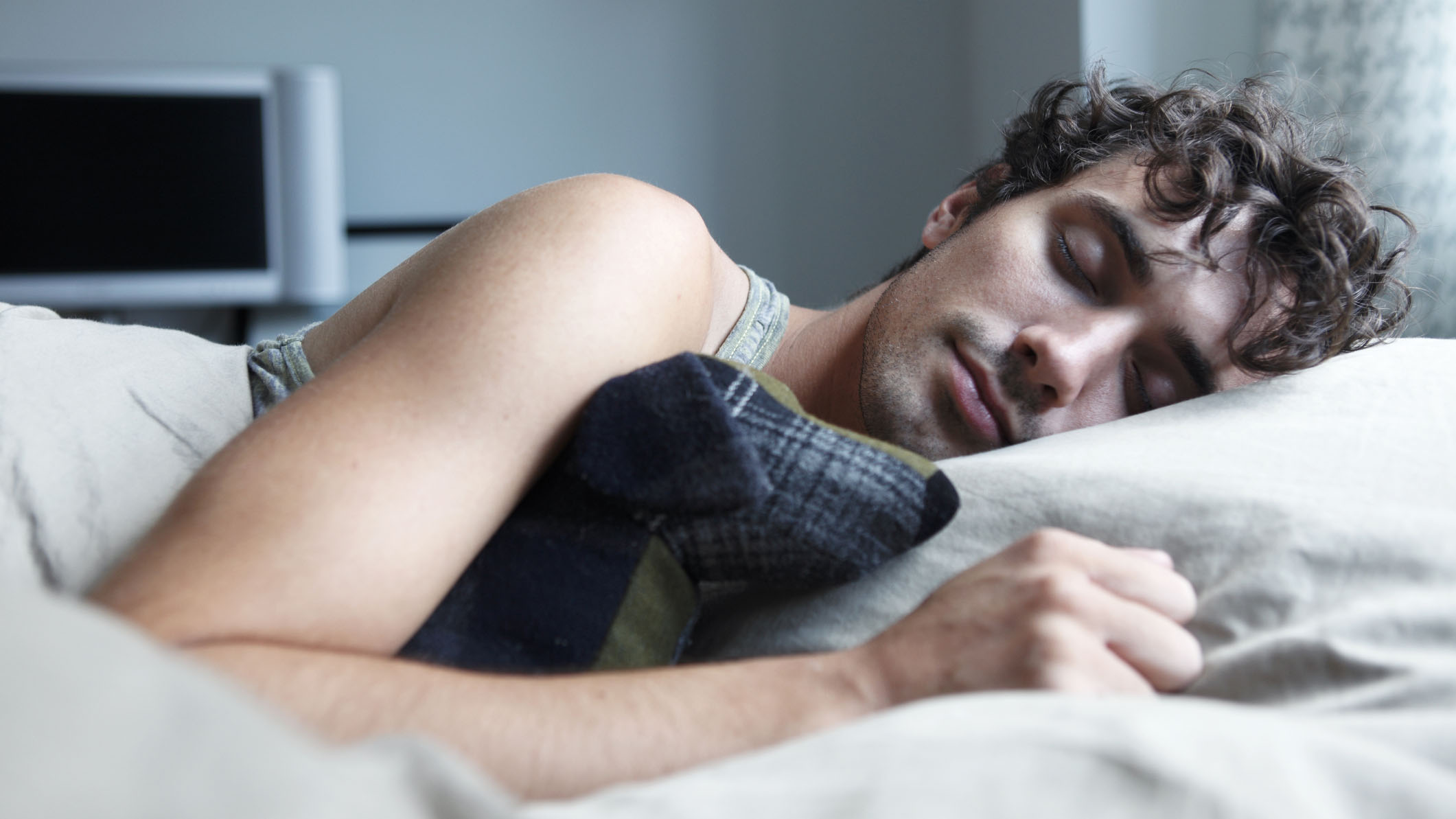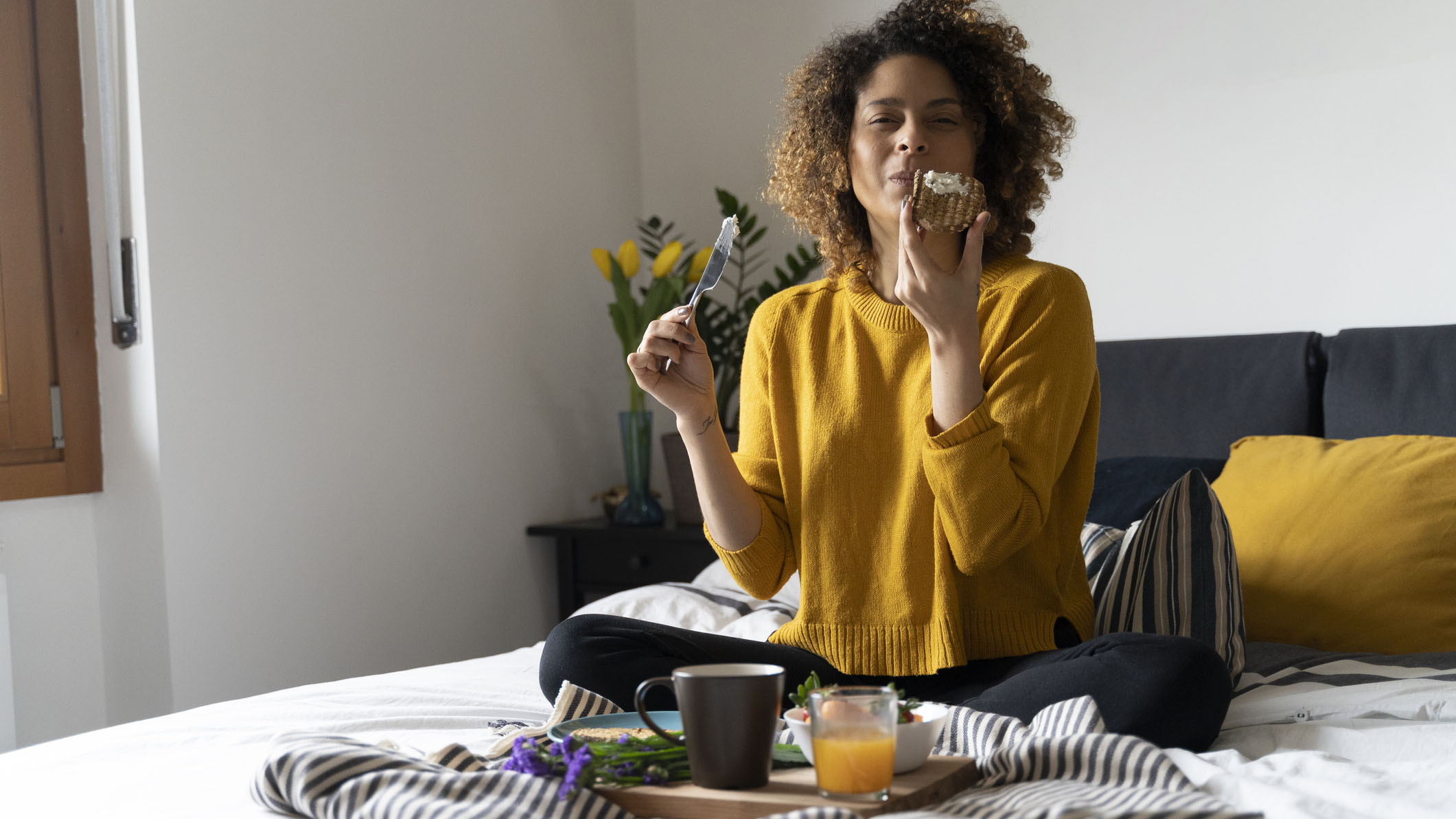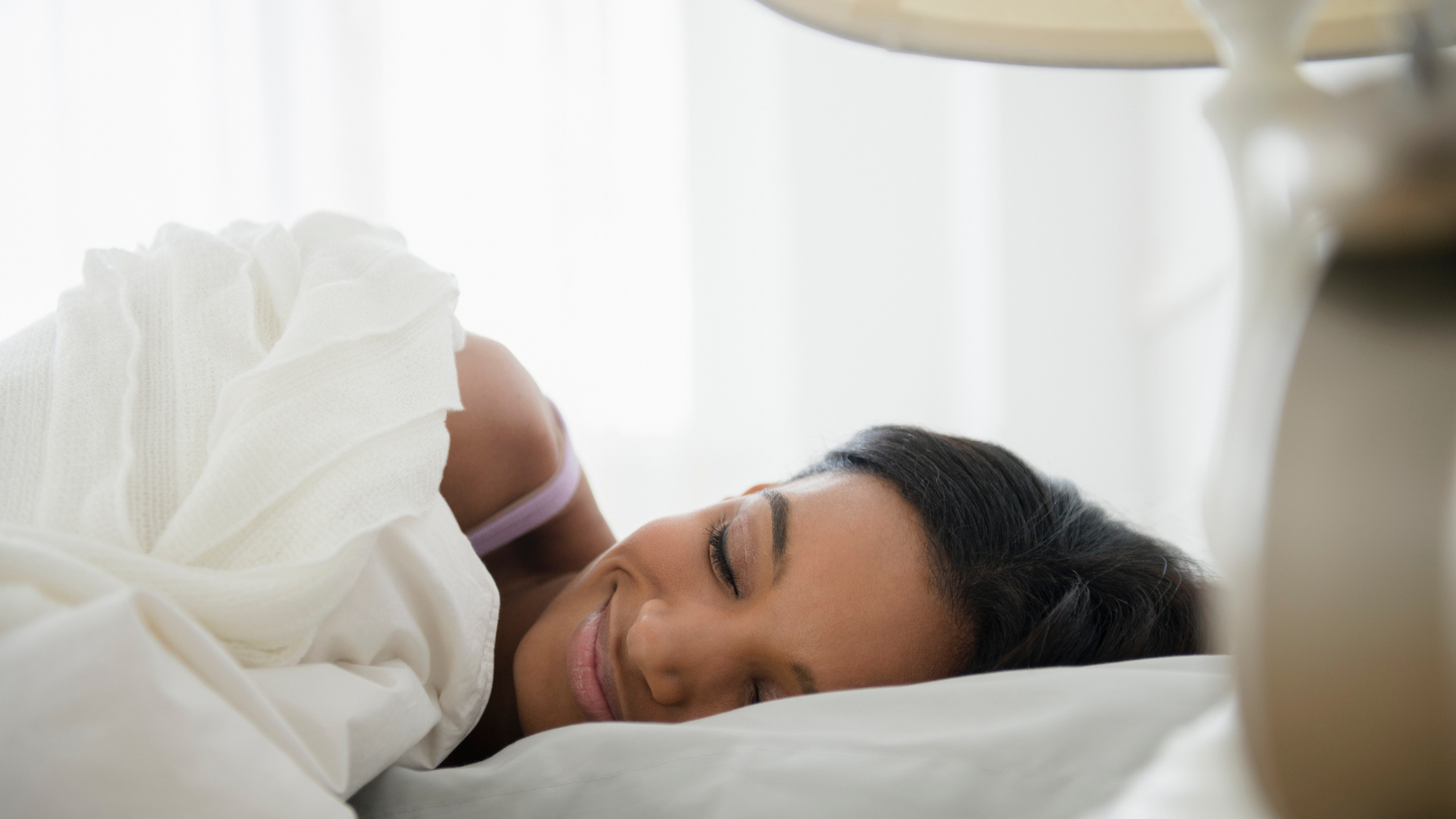
I’ve been writing about sleep for several years, and as part of my job I’ve interviewed the world’s foremost experts on the subject. Safe to say I’ve picked up some excellent tips for how to sleep better at night.
As an ex-insomniac and someone who also overcame an anxiety and depression diagnosis, good sleep is now vital to my mental health. I need roughly 7.5 hours of quality sleep a night to feel good in my body and brain, otherwise life just feels, well, harder.
Today is World Mental Health Day, and to mark it I’d like to share the three best tips I’ve learned during my work as a Certified Sleep Science Coach to help you sleep better at night naturally.
These tips are so simple you might be tempted to brush them off at first, but don’t underestimate how powerful they are. Use them every day for a month and you’ll be amazed at how much better you’ll be sleeping.
World Mental Health Day: My 3 best tips for better sleep at night naturally
1. Wake up at the same time every day
Life happens and it isn’t always possible to go to bed at the same time each night, but you really should stick to a consistent wake-up time. Why? It’s all about reinforcing your circadian rhythm (body clock).
Your circadian rhythm regulates your sleep-wake cycle but it relies on clues from your environment to do so. Getting up at the same time each morning is the equivalent of programming your body for better sleep at night. This has now become my number one golden sleep rule.
Most healthy adults need seven to nine hours’ sleep a night. If you aren’t getting enough sleep, a consistent wake up time will help you get back on track by helping you to feel sleepier at bedtime (your sleep drive will be really high), so you'll fall asleep faster and get the hours you need.

2. Eat breakfast then take an early morning walk
I was never a ‘breakfast person’, and the sleep inertia (grogginess) I felt when I had depression was enough to knock me out for the entire morning. But I learned that eating soon after waking up is a powerful way to strengthen your circadian rhythm, signalling that it’s time to be ‘up and at ’em’.
For years now my morning routine has been to get out of bed as soon as my alarm goes off. I open my curtains and blinds, down a glass of water to ease the affects of sleep inertia, then eat breakfast before getting outside for a walk.
In fact, a new study shows that the earlier you get daylight exposure, the faster you’ll fall asleep at night and the better you’ll sleep. It works for me.
3. Always relax before bed
In the early parts of my career I would burn the candle at both ends, fully expecting to simply switch off my computer, jump into bed and instantly fall asleep. Instead, night after night I’d lie there with my brain on fire, churning through every second of what happened that day and what I needed to do the next day.
As part of my insomnia treatment, my therapist helped me develop a nighttime routine. I still use it now – and it actually starts the moment I finish work. The first part is called ‘active worry time’. This is when I go to a different part of my house (away from my bedroom – I want that to remain my sleep sanctuary) – and allow myself 10 minutes of worry time. I also scribble down all my to-do lists for the next day.
That ‘purging’ of worry and reminders from my brain gives me a clean slate for the rest of the evening. 30 minutes before actual bedtime I then start the second half of my nighttime routine: I shower, change into nightclothes, then relax with either a guided sleep meditation or a full body scan.
How good sleep leads to good mental health

There’s so much we still don’t know about sleep – why it’s important, what happens during the different stages, and how long-term sleep deprivation truly affects us.
What we do know is that the benefit of getting quality sleep each night helps us to feel more alert, productive and happy the next day. Our bodies function better, our general health is improved, and we lower our risk for conditions like Type 2 diabetes, stroke, and heart disease.
There are so many wins when you sleep well, but in a society where we’re encouraged to do more and have it all, prioritising sleep is seen as dorky. That said, I’m really encouraged by recent polls that show how younger generations are getting the message about good sleep and putting it before the daily hustle.
More top tips for better sleep
I love how sleep is becoming a part of the main conversation around better health and wellness, but I can also see how all that messaging and all those tips can be confusing if you've just started getting your head around why sleep matters.
My top three tips above are the best place to start, and once you've got the hang of those, I'd suggest digging into some other cool sleep tips too. Part of my job is testing mattresses and sleep products. I don't mind saying that I used to view mattresses as big slabs of foam and gave zero thought to how they could derail or boost my sleep. Boy was I wrong.
So now I always recommend investing in the best mattress for your sleeping position and body weight. Personally I love hybrid mattresses that wick away sweat, as I battle with overheating too. Here are some other great tips to help you sleep better this World Mental Health Day and beyond...
- Don't consume caffeine eight hours before bed – especially if you're susceptible to the effects of caffeine, as it can stay in your system for eight to ten hours.
- Read or do puzzles before bed – as long as you aren't overly stimulated by those activities. You're looking to get snoozy, not fired up over a plot twist.
- Keep your bedroom cool, quiet and dark at bedtime – studies show that even the smallest bit of light pollution can wake you from sleep.
- Wash your bed sheets every week – a clean and uncluttered bed will lower your stress levels, so you'll feel more relaxed. This is the perfect mindset for falling asleep quickly.







